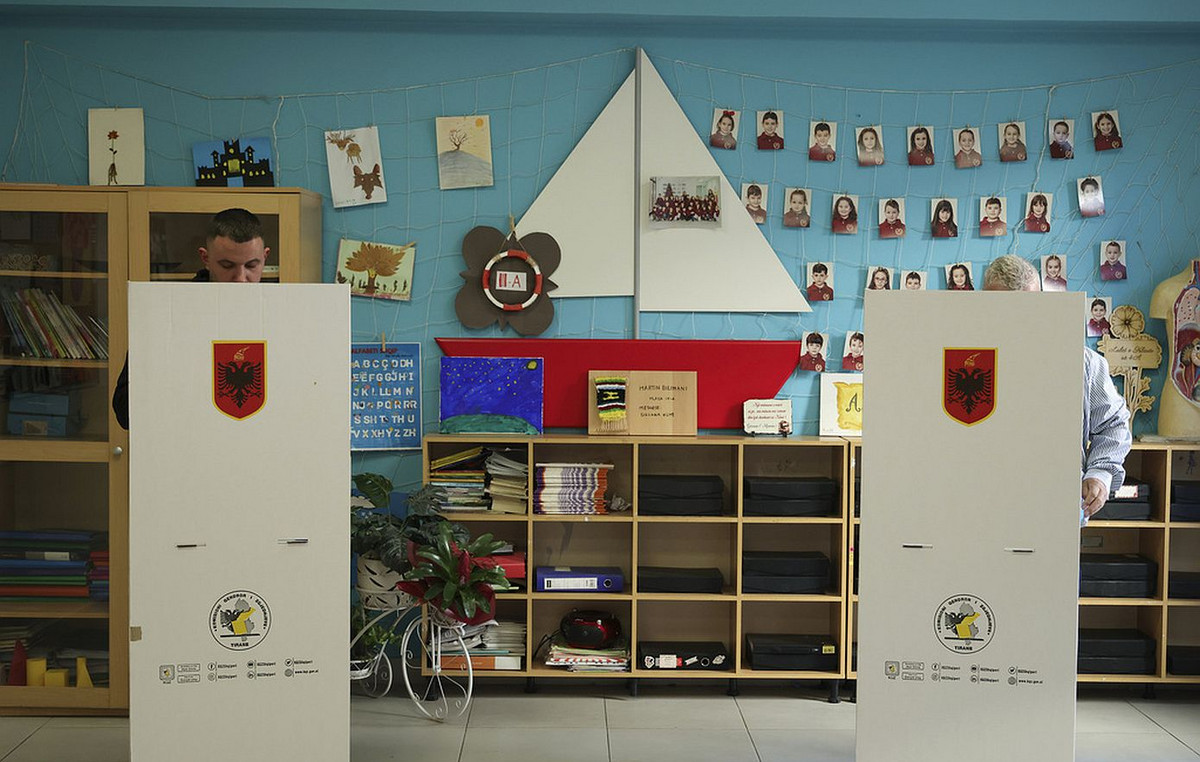Without fanfare, the economic team took the first step to mitigate the risk of a credit crisis and irrigate the supply chain of large retailers with working capital, if necessary. The measure comes in the wake of the financial problems that have affected companies like Americanas, Marisa and Tok&Stock.
In discreet negotiations with the Chamber of Deputies, the government managed to issue an amendment to the vote on MP 1,139, a provisional measure published in October last year and approved this Wednesday (1st) evening in plenary.
The Ministry of Finance led the discussions. The amendment makes permanent the FGI-Peac, an emergency credit access program that was in effect until December 31, 2023.
This program was instituted at the height of the pandemic and allows loans by private banks to be guaranteed by a guarantee fund to cover up to 80% of the contract value, in the event of default.
In a board meeting of the Brazilian Federation of Banks (Febraban), last week, financial institutions had suggested to the National Bank for Economic and Social Development (BNDES) to take advantage of the FGI-Peac to minimize credit risk.
The alarm sounded at the Treasury with the “cascading effect” of the Americanas accounting scandal. For the economic team, there is not a systemic crisis in Brazilian retail, but a sequence of problems of specific companies — problems aggravated by the skyrocketing of interest rates in the last year and a half.
The issue is that, given the perception of greater risk, many commercial banks would be drying up the credit offer. The fear, in the government, is that an extensive chain of suppliers — manufacturers of electronic devices, food products, textiles and countless others — of the large retailers will stop receiving due to the greatest working capital difficulties.
The decision was not to bail out any mega-company, but to strengthen credit to guarantee cash flow to suppliers. The Treasury, in agreement with the BNDES, decided to bet on the extension of the FGI-Peac. That’s because, as it is expected to end at the end of this year, it has too short a horizon and no longer serves much as an instrument that gives comfort to banks to release more loans.
Negotiations took place between the Treasury and the rapporteur for MP 1,139, deputy Yury do Paredão (PL-CE), who incorporated the amendment into the plenary of the Chamber. Now it will be up to the Senate to analyze and vote on the newly approved text.
Originally, the provisional measure dealt only with the deadline for paying loans under the National Support Program for Micro and Small Businesses (Pronampe).
Source: CNN Brasil
I am an experienced journalist, writer, and editor with a passion for finance and business news. I have been working in the journalism field for over 6 years, covering a variety of topics from finance to technology. As an author at World Stock Market, I specialize in finance business-related topics.







